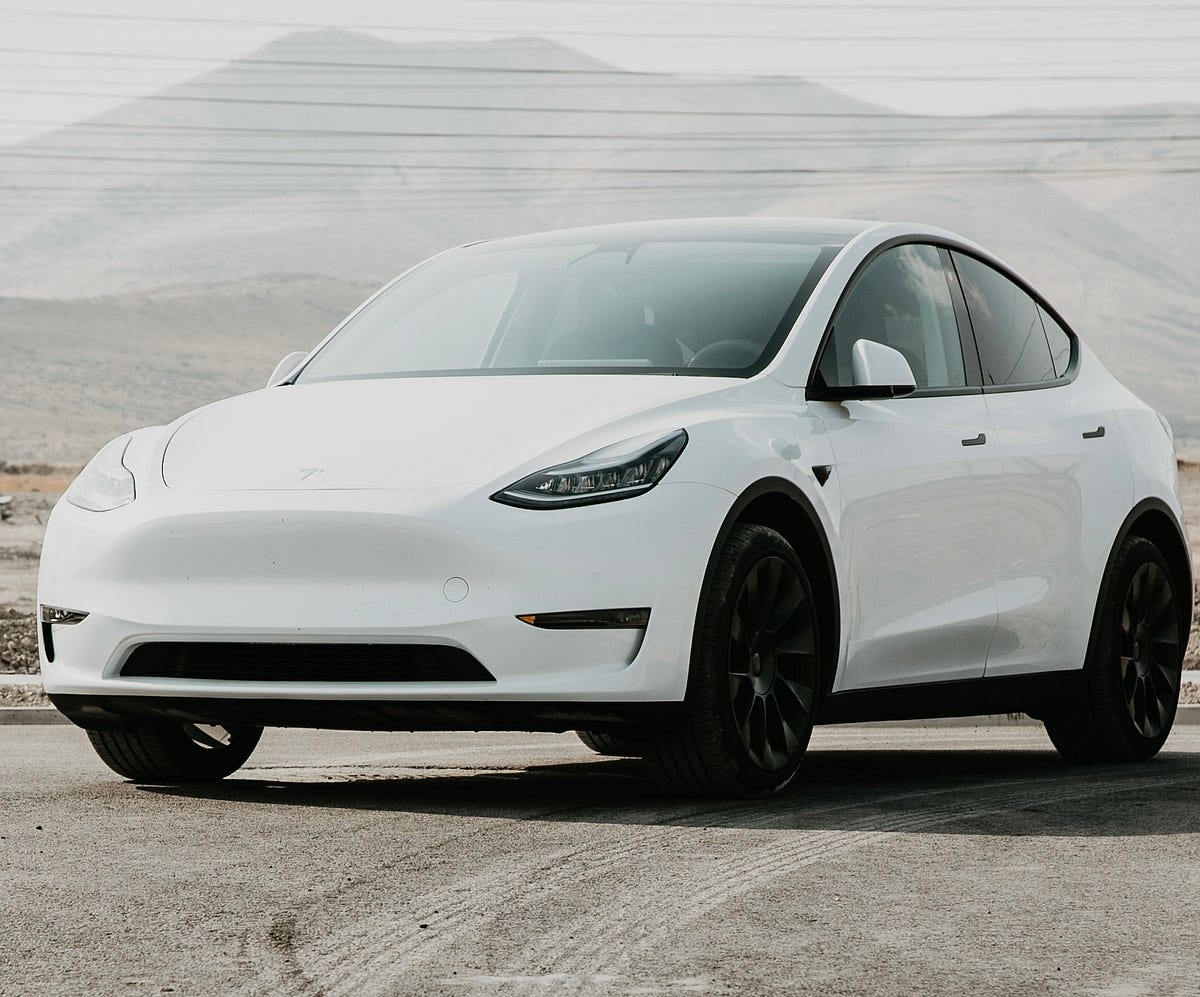I understand this is the pre-offered conclusion. But I'll play along:...
Putting money down -- known as a Capital Cost Reduction -- on any lease is generally NEVER a good financial decision. NEVER. ...
OK, well understood example. Now let's simply turn this around. Suppose I consider my $4500 and I say "No way do I want to let those Tesla (or bank) thieves have my money ahead of time. (Leveraging off your cartoon theme, Daffy Duck would say "thothe Tethla crumm-bummth!"So you are basically prepaying your monthly payment.
As an example, take a base Model Y with no upgrades at all. On a 36-month, 10K per year lease, the Tesla site provides a monthly lease payment of $505 (before tax). Now, simply change the $4,500 to $0 on their calculator. Your payment will increase by $133/month to $638. Nice, right? Wait, let's think about this. What is $4,500 / 36? It's $125. So, your big "down payment" saved you a whopping $8/month in finance charges or $288 over the life of the lease. If I told you I'd sell you the car for $288 less if you gave me $4,500 up front, you'd look at my like I'm an idiot, right?
So, I'll just keep my $4500 and dole it out to them month by month. Ha!
Except that now, as you noted, my payment went up by the basic $4500/36 = $125, plus the $8/month they charge monthly for the increased financed amount. Using a simple loan calculator, this corresponds to a finance interest rate of 4.07% (a handy number to note for other discussion, but possibly it's just from a 4% rate, with the payment rounded off to even dollars).
"But now I get to keep the interest myself! Ha!" Except, where can I invest my $4500 and get 4% these days? Not in a bank account. Not in a typical bank CD or an annuity with monthly distributions. Sure I could buy Tesla stock or Bitcoin or play Las Vegas slots or whatever, and those are all wonderful but they have no place in a brass-tacks lesson about Lease vs. Loan vs. Cash purchase. We could start arguing about inflation of future earnings over the 36 months but I hope not, and generally it won't be 4% anyway. --- Please correct me if you differ, but in my view it's always financially smarter to pay off or pay down debts that have higher interest charges than what one can make by guaranteed investments of the payoff balance.
Question: do you also tell people how foolish it is to pay cash for a car (or for any other depreciating asset).
I fully admit that I'm not a CFO. However, in my experience the most basic advice is that it can* make sense to lease depreciating asset (cars or equipment) but purchase appreciating assets (real estate in traditional scenarios).
*Though there are always bad deals on offer.
from the Tesla Lease Information Page: "Note: Your lease comes with gap insurance."Another reason why it's not a good idea to put money down on a lease is it is equity you cannot get back. Prime example is you are leaving the store and car gets totaled. Thankfully, nobody is hurt. You're out $4,500. Yes, some leasing companies will offer you gap insurance to protect against this (not sure if Tesla does or not), but now they are just making money off you for making a bad financial decision, because you should not have put money down to begin with.
And, if it did not and I had to pay for it separately (which I would) I completely do not understand the argument that it is a special lease-induced loss pf ,u money if my car is totaled:
- If I originally had paid cash, the car is totaled and hopefully I got full-value insurance to protect my purchase. If not I lost considerable money.
- If I originally financed the car with or without a down payment, the car is now a total loss and again, hopefully I bought gap insurance to pay off the lender.
- If I leased the car, with or without a down payment, the car is now totaled and my Lease includes gap insurance. If Tesla didn't include it which they do, I would buy it and be glad I did. Either way, there is no specific connection to me giving them extra money for
Really to me, the whole issue of calculating a few dollars per month delta (even though I think it works out positively) is not the main point. I try to live off my monthly income, and I'd rather pay my saved cash up front to keep my cash-flow budget in order and not feel that my car payment is weighing on that, or that it might encourage me put any monthly spending on a 20% credit card . I suspect that many others might share this psychology. If I knew it was costing me heavily, I'd try to change, but that's not how I read it.
In any case, I'm happily having this discussion with you in good faith, I have no doubt that you must have greater financial experience and savvy as a CFO, so I'd love to have your response. I simply explained, in the context of your advice, why it still makes sense to me. Thanks.




